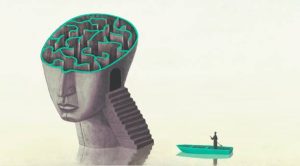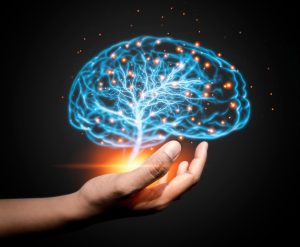Traumatic Brain Injury (TBI) is a complex condition that affects millions of individuals worldwide. Traditional medical treatments often focus on stabilizing the patient and managing symptoms, but alternative therapies are increasingly recognized for their role in supporting long-term healing. Alternative treatments for TBI include chiropractic care, acupuncture, sensory therapy, and dietary modifications that aid neurological function. These approaches offer a positive view of brain recovery, focusing on restoring balance and enhancing the body’s natural healing mechanisms.
One of the most promising alternative treatments for TBI is chiropractic care. Spinal adjustments and neurological rehabilitation techniques help optimize brain function and improve neuroplasticity the brain’s ability to reorganize itself by forming new neural connections. Many individuals recovering from brain injuries experience spinal misalignments that exacerbate symptoms such as headaches, dizziness, and cognitive difficulties. Chiropractic care, especially when integrated with neurological rehabilitation, offers a non-invasive method to enhance brain-body communication and promote healing.
Acupuncture is another effective treatment for TBI recovery. Based on traditional Chinese medicine, acupuncture involves inserting thin needles at specific points to stimulate energy flow and improve circulation. Research suggests that acupuncture can enhance cognitive function, reduce inflammation, and alleviate common TBI-related symptoms such as headaches, fatigue, and mood imbalances. By targeting specific meridians, acupuncture helps balance the nervous system and supports overall recovery.
Sensory therapy plays a crucial role in retraining the brain after an injury. This approach involves using controlled sensory stimuli such as light, sound, and vibration to activate neural pathways and encourage cognitive restoration. Techniques like eye movement exercises, sound therapy, and vestibular rehabilitation help improve coordination, memory, and focus. Sensory therapy is particularly beneficial for individuals experiencing dizziness, sensitivity to light or sound, and cognitive impairment following a TBI.
In addition to hands-on therapies, dietary interventions significantly impact brain recovery. Nutrient-dense foods rich in omega-3 fatty acids, antioxidants, and anti-inflammatory compounds support brain health. A diet incorporating fish, nuts, leafy greens, and turmeric helps reduce inflammation, enhance cognitive function, and accelerate healing. Hydration and gut health also play a role, as the gut-brain connection influences mood, cognition, and immune response.
Alternative treatments for TBI emphasize a comprehensive, patient-centered approach to healing. While traditional medicine remains essential, integrating chiropractic care, acupuncture, sensory therapy, and proper nutrition provides additional avenues for recovery. By addressing both the physical and neurological aspects of healing, these alternative therapies empower individuals to take an active role in their brain injury recovery journey.
Alternative Treatments to TBI: What Should You Do for Brain Injury Recovery Immediately, the book by Dr John W Jung, provides guidelines for the society suffering from such diseases and how they can cater and fight the disease and take the right actions at the right time. The book leaves people with great knowledge and how to fight disease.




